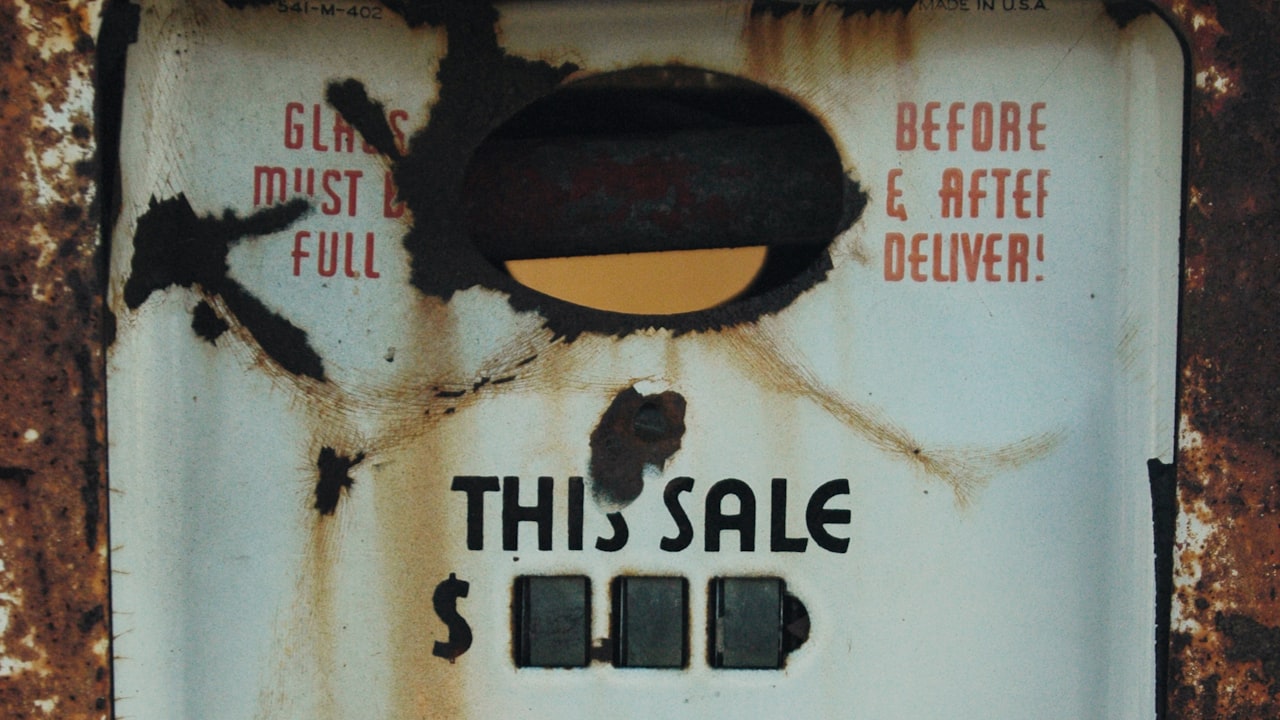The hum of a perfectly running engine is music to a driver's ears. But have you ever wondered about the unsung hero behind this melody? Enter the A-Premium fuel pump – a seemingly small yet integral part of your vehicle's performance. In this article, we'll take a leisurely drive through the world of fuel pumps, exploring their significance, types, and how they keep your engine roaring smoothly.
Understanding the Fuel Pump
Picture this: you turn the key in the ignition, and your car comes to life. The fuel pump is the wizard behind the curtain, ensuring a continuous flow of fuel from the gas tank to the engine. It's a humble yet mighty component, quietly enabling your vehicle to cruise down the road.
Diverse Types of Fuel Pumps
Fuel pumps come in two primary flavors: mechanical and electric.
- Mechanical Fuel Pumps: These old-school champs were a staple in earlier vehicles. They harness the engine's motion to create a pumping action, drawing fuel from the tank and pushing it to the engine. Like a well-choreographed dance, the camshaft's movement sets the pump's lever arm in motion.
- Electric Fuel Pumps: Today's vehicles often rely on electric fuel pumps. These modern marvels are submerged within the gas tank, powered by the vehicle's electrical system. Electric pumps ensure a steady fuel flow, a critical factor in maintaining your engine's peak performance.
The Symphony of Fuel Pump Operation
The fuel pump's magic unfolds through various components working harmoniously:
- Fuel Tank: Your vehicle's fuel haven, where the liquid energy awaits its call.
- Fuel Lines: These pipelines connect the fuel tank to the pump and, subsequently, the engine.
- Fuel Pump: The maestro of the show. It pulls fuel from the tank and delivers it with precision. Electric pumps flaunt a motor-driven mechanism while their mechanical counterparts groove to the engine's rhythm.
- Fuel Filter: A gatekeeper of purity. The fuel passes through a filter, cleansing it of impurities before the engine's embrace.
- Fuel Injectors or Carburetor: The clean fuel journeys either directly into the engine's cylinders via fuel injectors or fuses with air in a carburetor, preparing for combustion.
Fuel Pump's Sonata in Vehicle Performance
A fuel pump might not grab the spotlight, but its role is far from minor:
- Steady Fuel Flow: Imagine an engine yearning for fuel – a fuel pump's worst nightmare. A glitch here could result in engine stalling or erratic performance, disrupting your smooth ride.
- Pressure Precision: Modern engines groove to a specific fuel pressure range. Electric pumps keep the pressure in check, ensuring your engine dances to the right rhythm.
- Efficiency Elegance: A well-behaved fuel pump ensures an optimal fuel-air mixture. This balletic performance translates to better fuel efficiency and more miles to your journey.
Detecting a Fuel Pump's Lament
As with all things, fuel pumps wear down. A few signs of trouble include:
- Engine Stutters: If your engine coughs or sputters at high speeds, the fuel pump might be singing a troubled tune.
- Start-up Struggles: A hesitant start or no start at all could indicate a fuel pump issue.
- Power Fade: Feel the power lag during acceleration? The fuel pump might be losing its groove.
- Engine's Heatwave: If your engine is running hotter than usual, it could be a result of insufficient fuel delivery.
Conclusion
Your vehicle's journey is an orchestra of mechanical symphonies, and the fuel pump holds a keynote. It's the driving force ensuring your engine hums with power and grace. Regardless of whether you're behind the wheel of a classic charmer or a modern roadster, understanding the fuel pump's melody adds depth to your driving experience. Remember, a little care through regular maintenance and timely replacements ensures this unassuming hero continues to steer your voyage smoothly, mile after mile.


